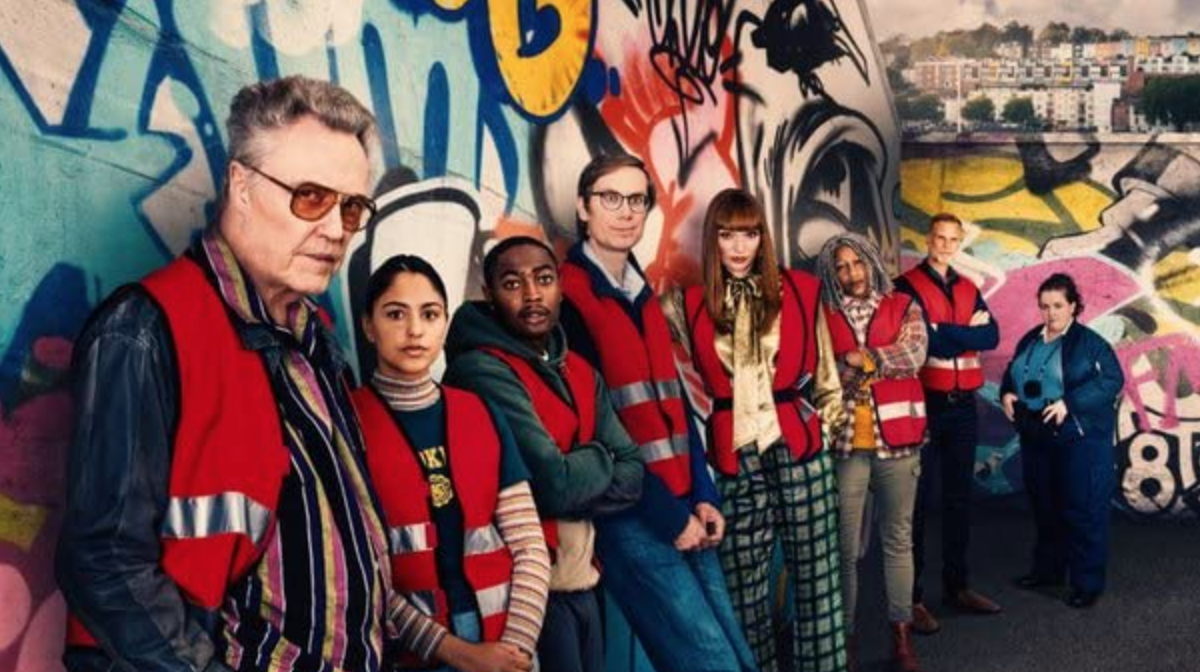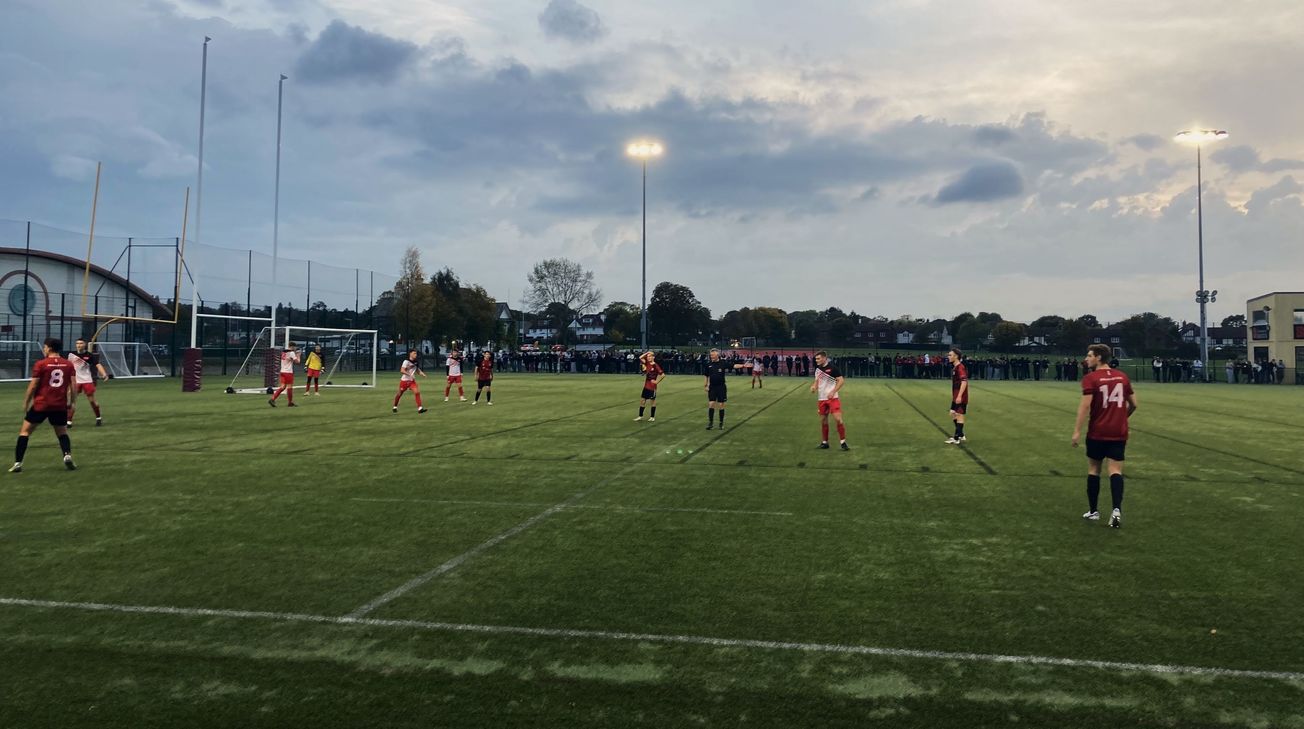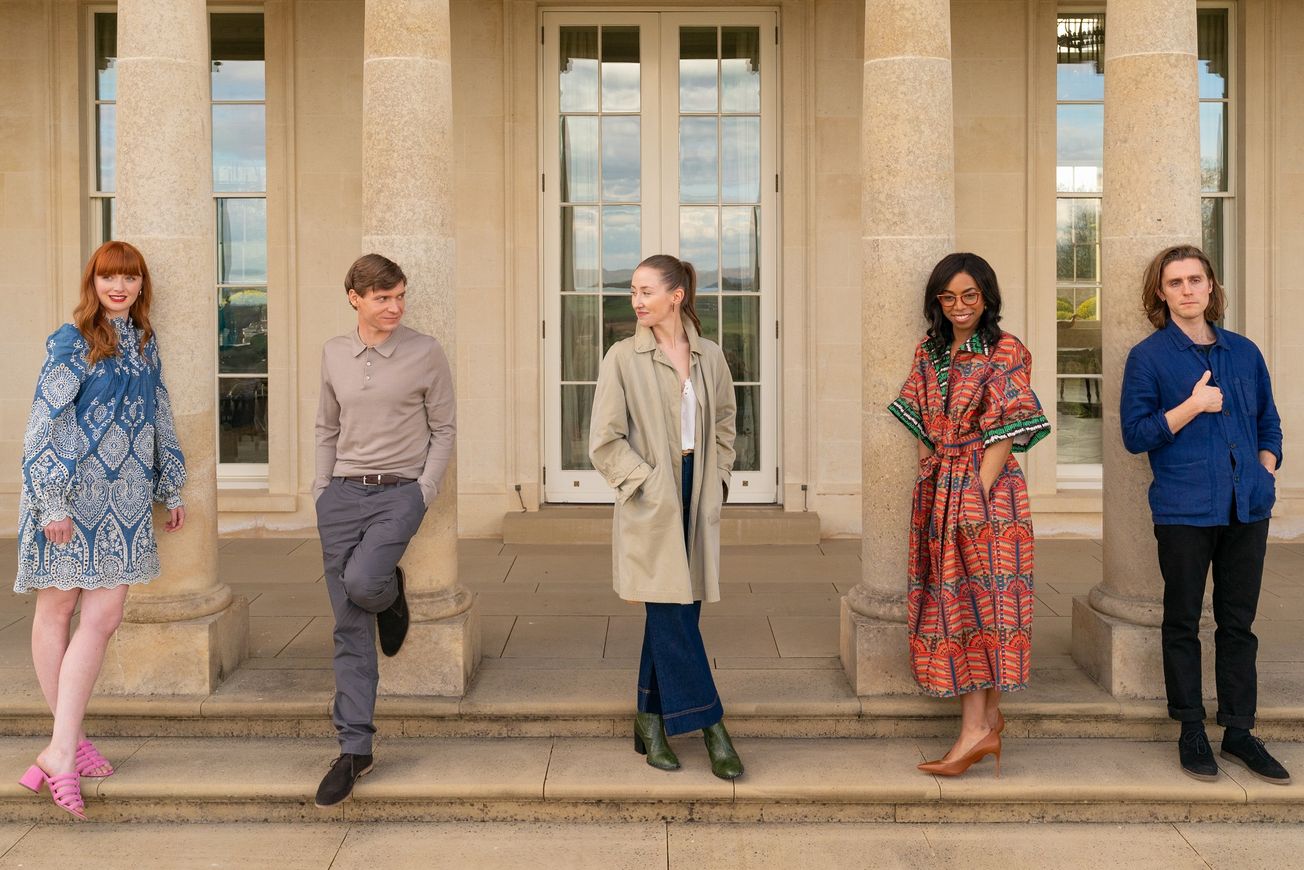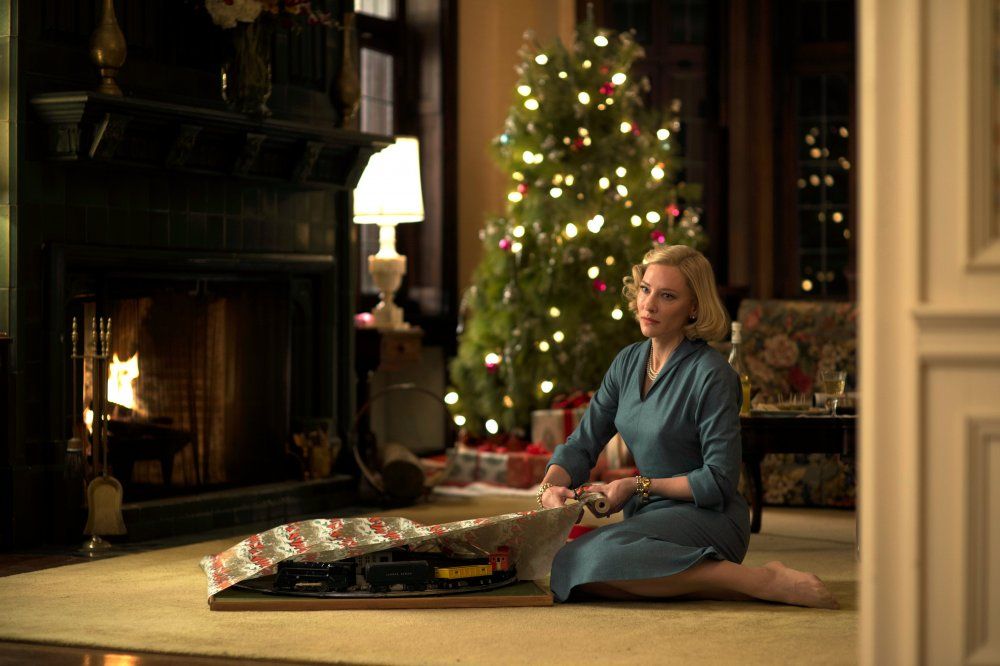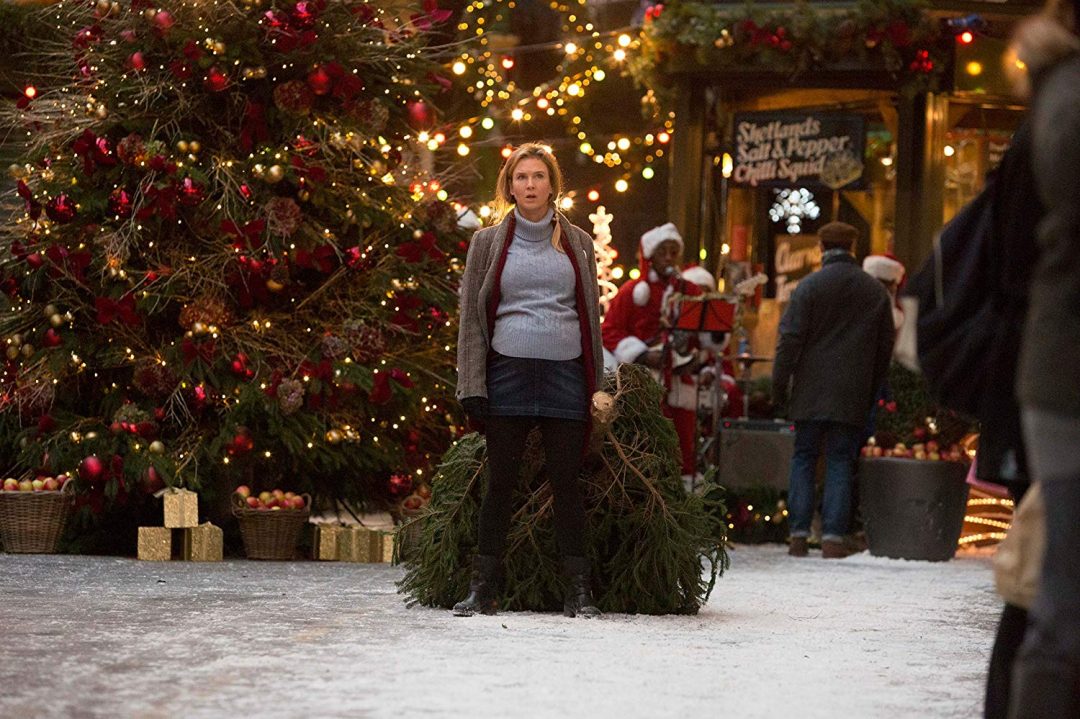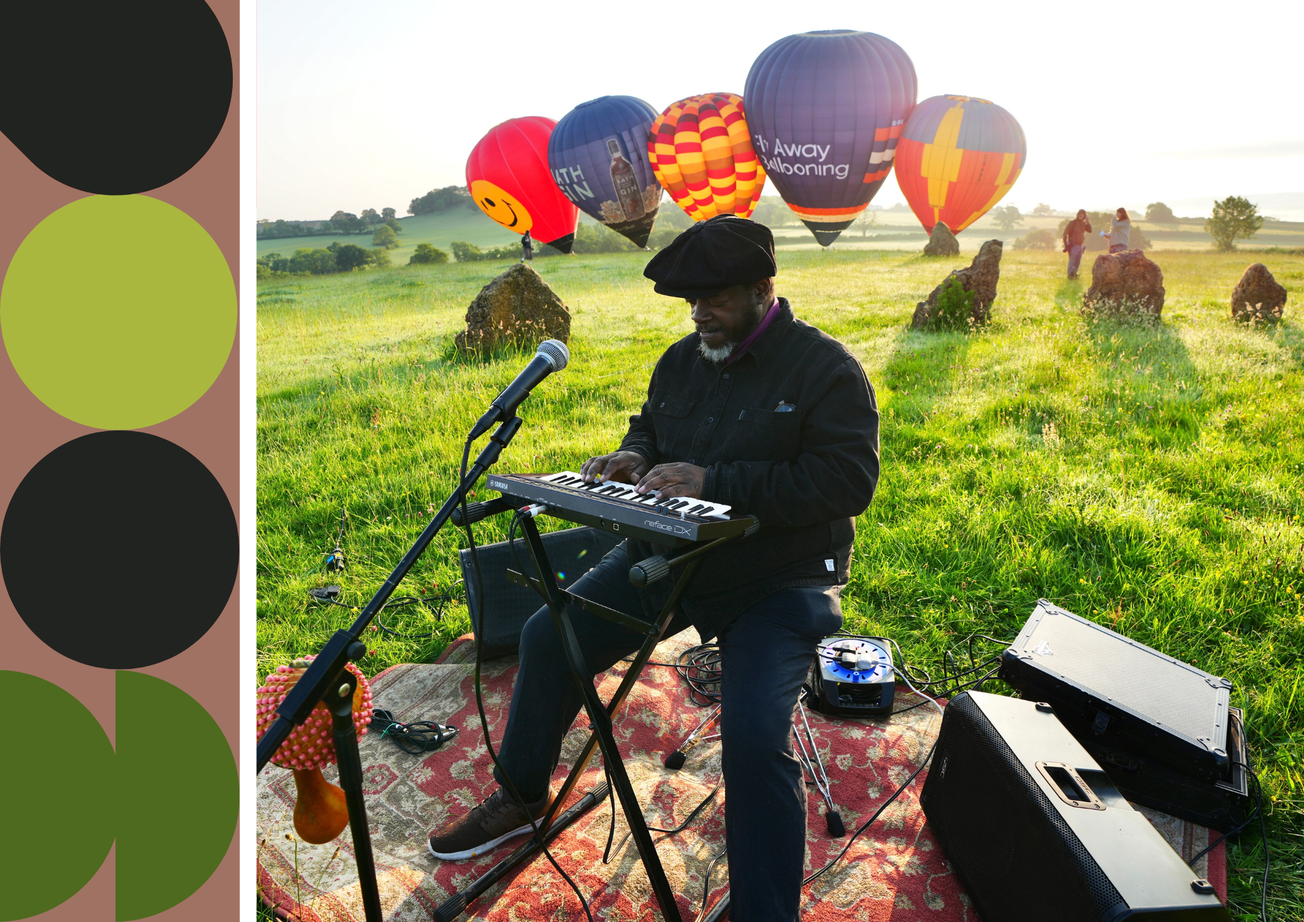By Gemma Margerison, Film & English Literature, Third Year
Upon first glimpse of Stephen Merchant’s new comedy drama The Outlaws, one can’t help but wonder what kind of financial ruin has befallen Christopher Walken. In the first episode of the six-part series set in and around Bristol, viewers are introduced to the diverse group of offenders partaking in community service around the city to avoid prison time for their crimes.
Shortly after the story begins, we see that the characters in question could not be more polarised in their personalities and inevitable conflict arises between the archetypal ‘woke’ lefties and their counterpoint in Darren Boyd’s character, an inimical “right-wing blowhard” with a palpable superiority complex. Punctuated by the refreshing presence of Stephen Merchant’s dim-witted Greg and the two foremost characters Christian and Rani, the most striking onscreen appearance lies with the Oscar winning Christopher Walken playing the morally contentious grandfather whose crimes relate to his involvement in cheque forgery.
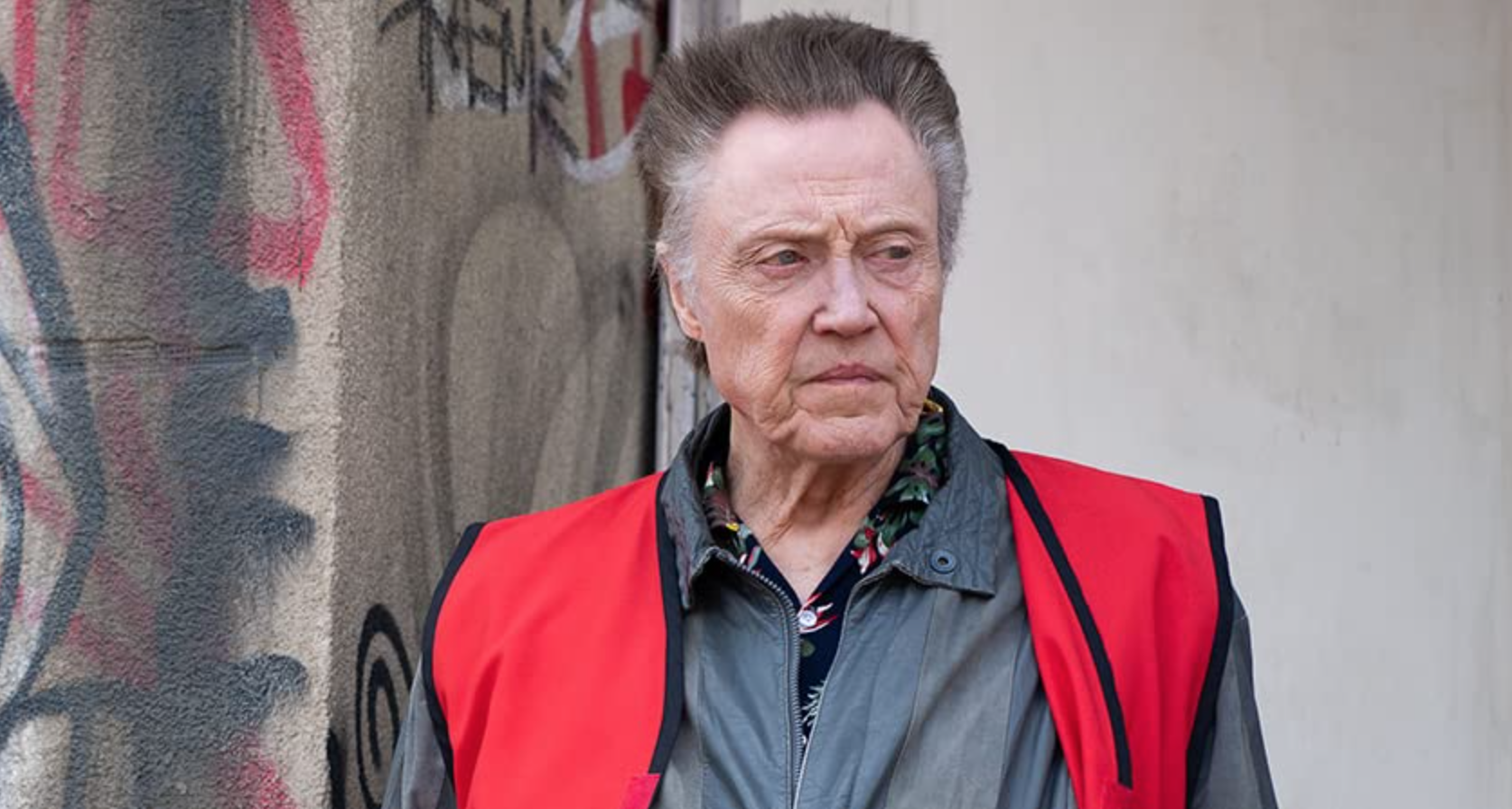
A clear nod to Walken's previous role in Spielberg’s Catch Me If You Can (2002) as Frank Abagnale Sr. In fact, this is not where the similarities end, given the fact that Walken does not even attempt a Bristolian accent, and no explanation is offered for the disparity between his and his onscreen daughter’s heavy west country voice. Undeniably, there is an incongruence between an A-list Hollywood actor performing community service against the backdrop of Bristol’s urban aesthetic that would seem to offer a comedic edge to Merchant’s new crime drama, although in much of episode one, the script sadly misses the mark.
It is also impossible to ignore the decision to set the series in Bristol, given the city’s notoriety as a progressive cultural hub
At times, the writing seems awkward and unpolished, particularly when it comes to the celebutante Gabby. Her unbridled self-importance and hyperbolised characterisation seem to exist solely for the reception of John’s right-leaning witticisms, which are not nearly as funny as the writers think they are. It’s possible that the employment of a script consultant under the age of thirty might have helped alleviate some of the more dubious, cringe-worthy interactions, but sadly her excessiveness makes her unconvincing and facetious.
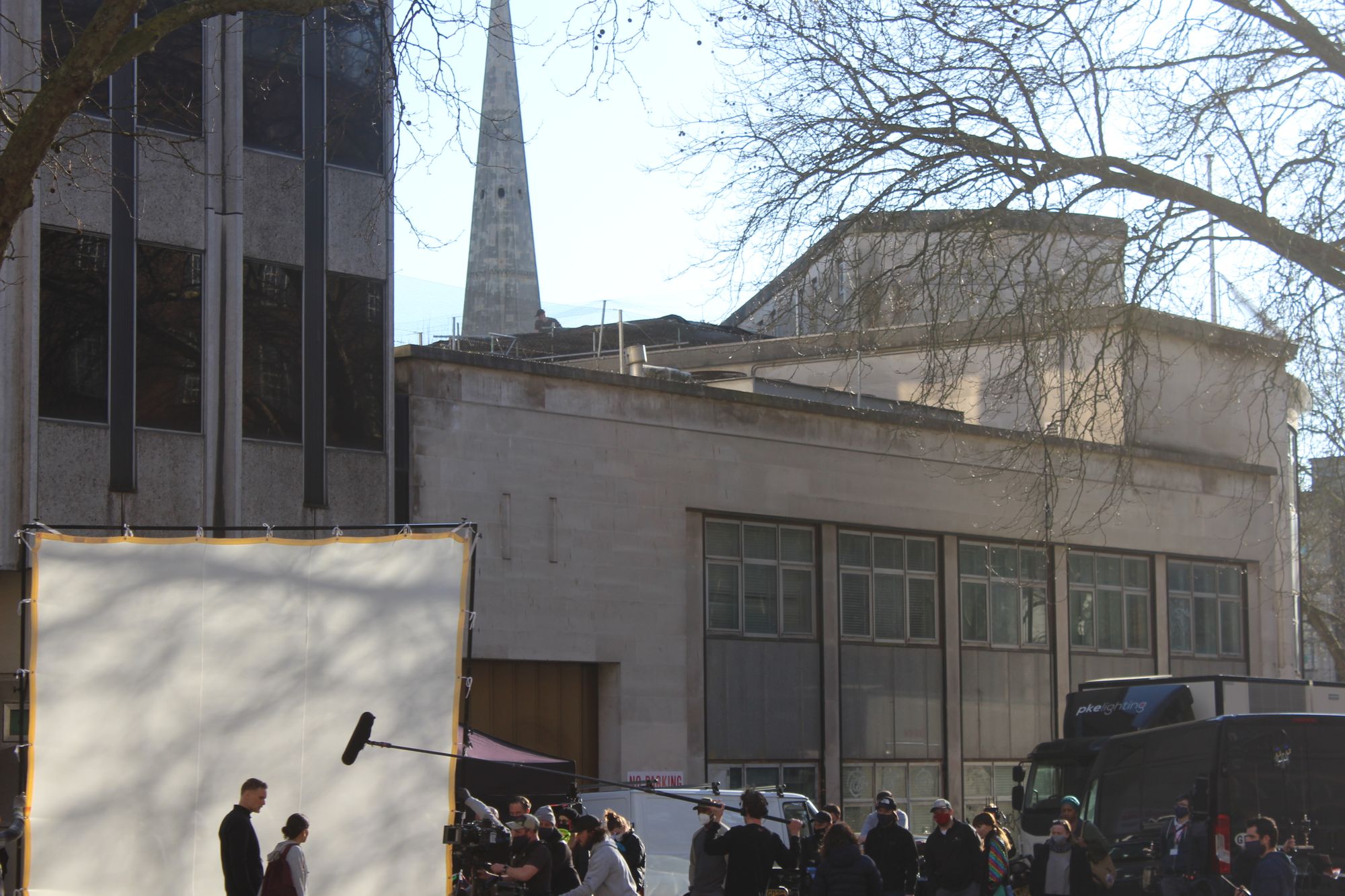
What’s more, the offenders’ caricatured supervisor Diane offers a Melissa McCarthy-like presence in the trope of the socially awkward larger woman with a stern, abrasive sense of humour. Again, however, the comedy seems to fall flat, and it’s her Bristolian diction that rings funnier than her lines. It would seem then that Merchant’s previous hits like Extras (2005-07) and The Office (2001-03) (co-written with Ricky Gervais) had far more success in its ability to deliver dry wit and effective deadpan performances.
But while the script may be awkward at times, the show’s heart is probably in the right place. Merchant’s clever set up of a division of character ‘types’ engenders a politicised momentum that is upheld throughout the episode, most notably in the racial biases elaborated towards Gamba Cole’s character Christian and the fact that he falls victim to a criminal gang’s manipulation tactics.
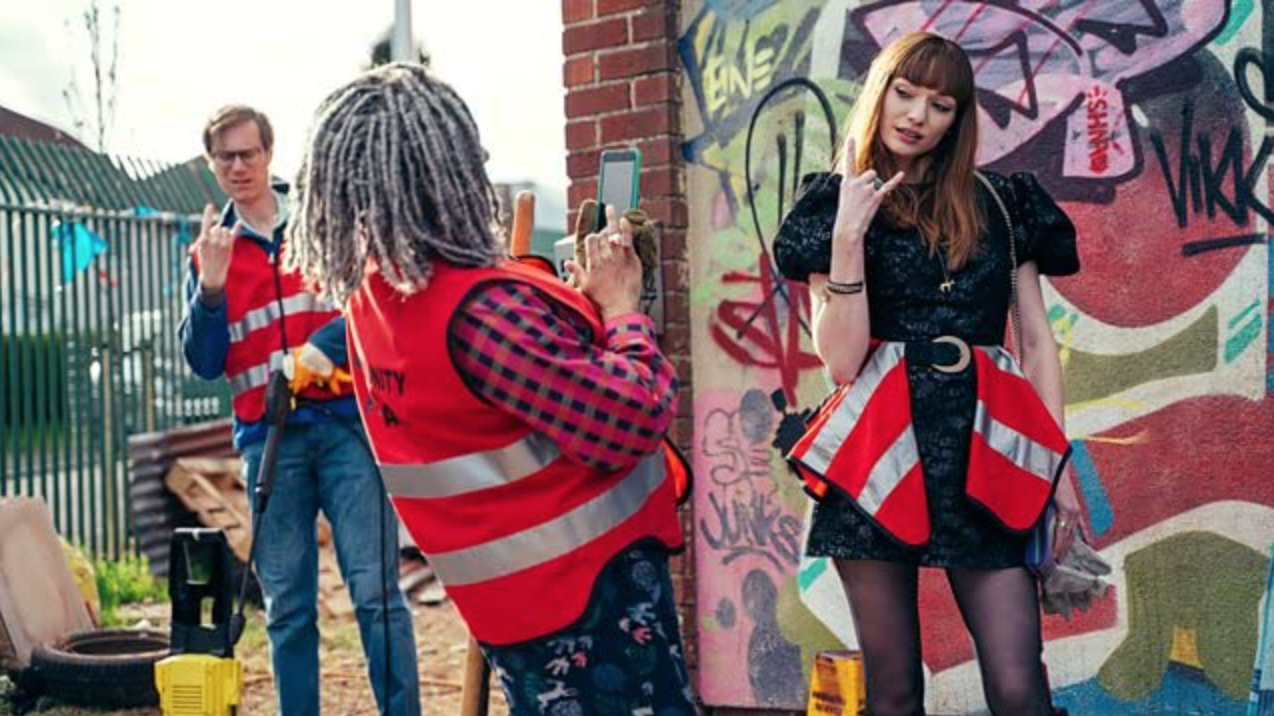
The tension between the offenders can be simplified by codifying them by their political leniencies, echoing the ever-growing polarisation between the UK’s population with regards to political issues, which can oftentimes be intersectional with a generational divide. It is also impossible to ignore the decision to set the series in Bristol, given the city’s notoriety as a progressive cultural hub and home to the controversial Colston statue.
Ultimately then, episode one of The Outlaws shows real potential to deliver a profound social criticism on relevant issues surrounding race and class, though one can only hope that the hit-and-miss nature of the show’s humour does not obfuscate this aspect, or better yet, the quality of the writing improves in later episodes.
Featured Image: IMDB
Catch The Outlaws on BBC One, Mondays @ 9pm or on BBC iPlayer

